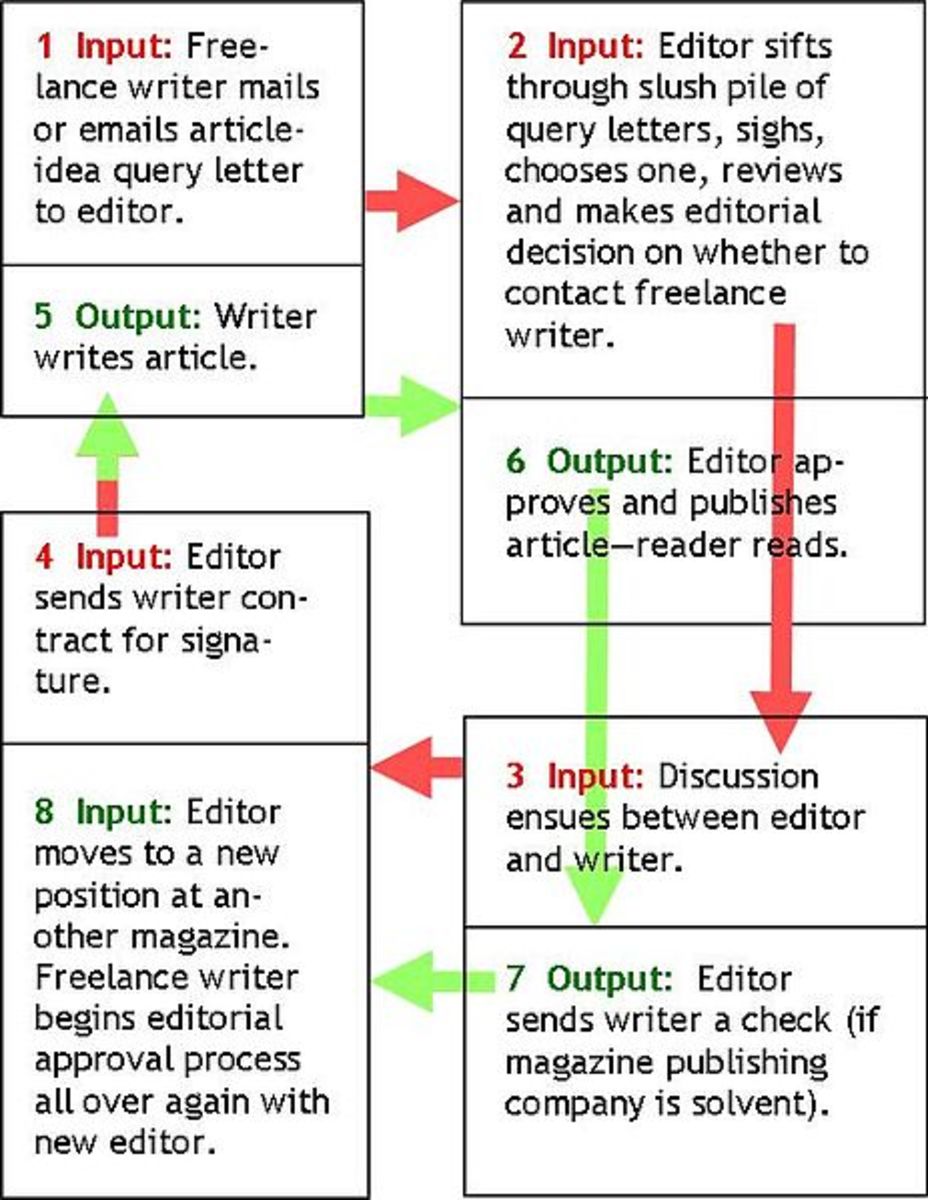Online Writing: Keeping it Searchable with Style

Take it one word at a time.
Thinking INSIDE the box
The process of online information retrieval is familiar to anyone who has ever conducted a search for anything. All you have to do is sit down at your computer, bring up your favorite search engine, type a few words in the box, and voila! A whole list of topics relevant to your query appears within less than a second.
While this certainly has its advantages, it can be incredibly daunting if you’re hoping to attract an online audience. Being published “at will” is a wonderful thing, but if you’re hoping to make money out of the deal, what you have published must come up in online search results. What makes this even more intimidating is the fact that most people searching for information are most likely to choose among the results shown on the first page. (The term “Sisyphean task” comes to mind here.)

The importance of key words
Appealing to this “I want it now” mentality is not an easy task, but it isn’t impossible. Think back to the mention of online information retrieval in the first paragraph of this article. What do we all do when we what to find something online? We type inside the box! The words we type are of key importance – they are key words.
Let’s take this down to its most basic component: structure. “Key words” is a compound term. The function of a “key” is to unlock something, such as a door. Keys enable access. Within the context of an information search, key words give the searcher immediate access to relevant information. Furthermore, search results are prioritized according to how frequently these words appear in the text of an online document. Search engines are nothing more than massive indexing programs – appealing to a search engine is more or less a giant word-association exercise.
Stressing over substance
Using key words to attract online attention is of paramount importance, but it’s not the only point worth considering. Getting the attention of your audience is only the first step: now the question becomes how to make your content substantially informative and interesting. You don’t want your reader to say, “Oh, that’s not really what I wanted…” and move on to another page. You want them to read what you’ve written!
Search engines are also capable of measuring duration – in other words, how long a searcher remains on a chosen page. If a reader visits a page only to find that it doesn’t meet their needs, they’ll look for another page – and they probably won’t come back to yours. This means you need to surround all those associated words with important information and make it readable.
Saying it with style
It turns out that writing online is a rather complicated thing after all. Not only do you have to play the key word system to get to the top of the list, but you have to fulfill the promise of relevance by offering substantially important content. Then you have to wonder how to accomplish all of this while still incorporating some element of individual style into your writing. It’s really enough to give any hopeful online writer a massive headache.
Rest assured – it is possible, and it can even be fun! Take it one step at a time: first define your list of effective key words. Make it a game, if you like that sort of thing – take a selection of topics and see which key words return the most consistent results. Then, using that list of words, write your composition using them all. One possibility is using keywords as subheadings within the body of your work. You might also choose to repeat certain words throughout the article to ensure frequency – just don’t do it ad nauseam.
Writing online can be a difficult task, and it’s not the same as writing for the printed page. Online articles simply gain recognition in a very different way. Even so, there is ample room for writing with style.
Good luck to you all, and happy writing!








